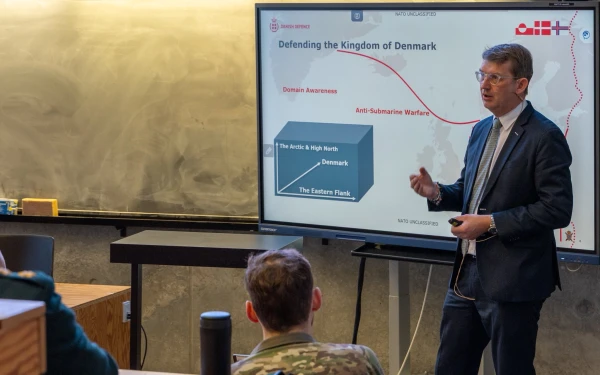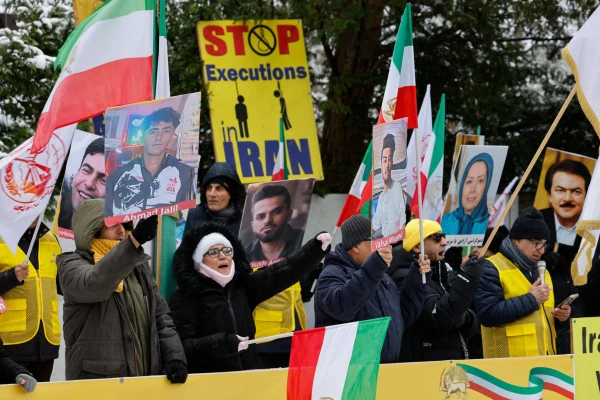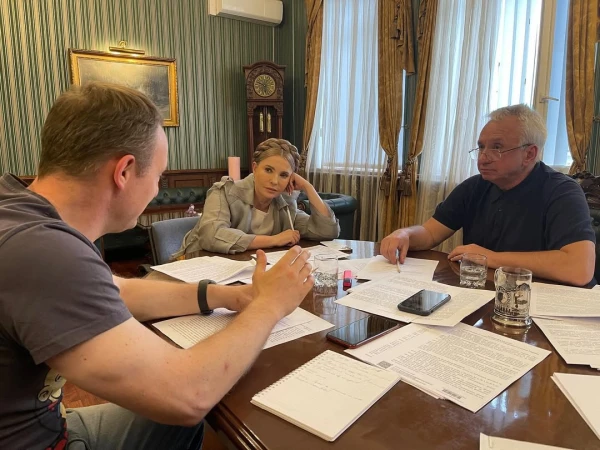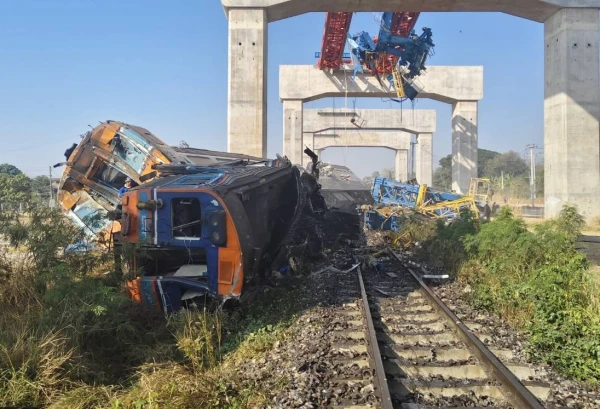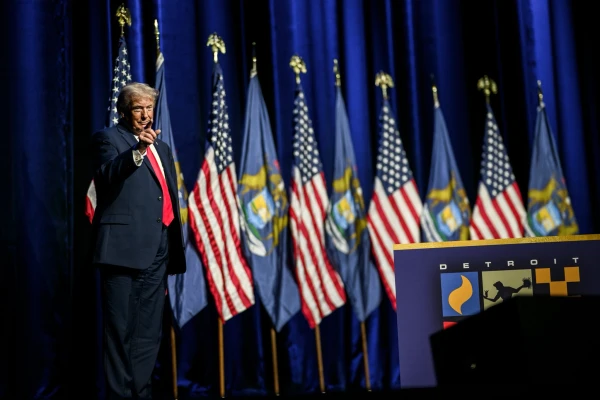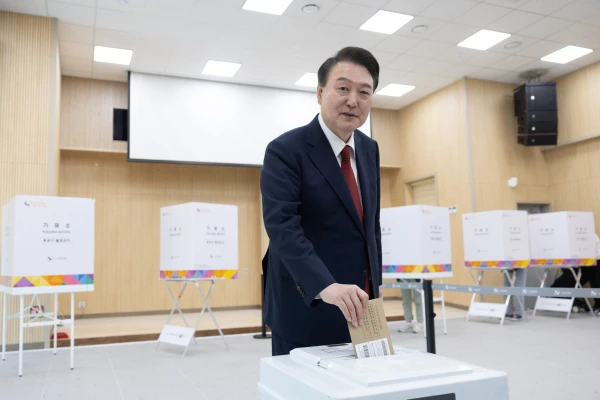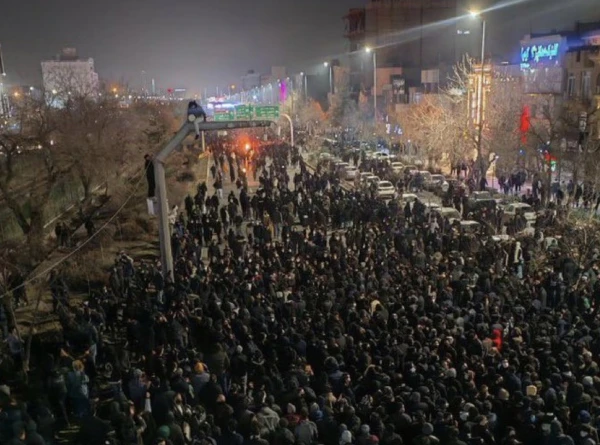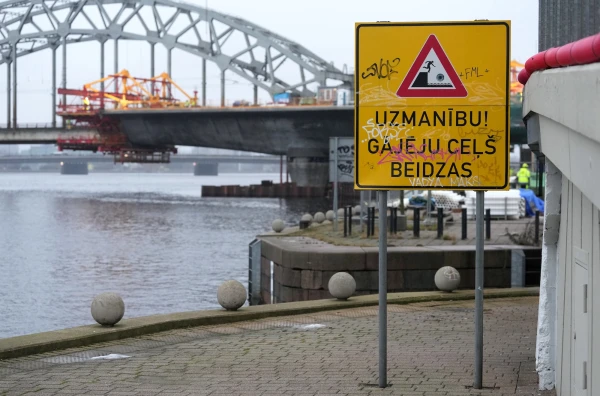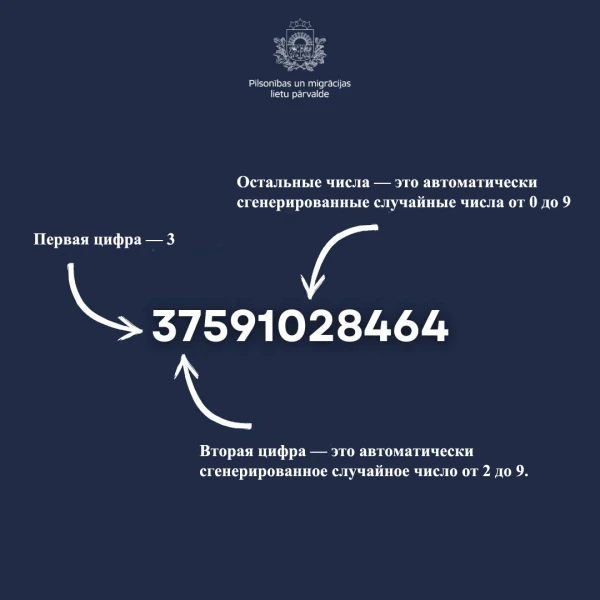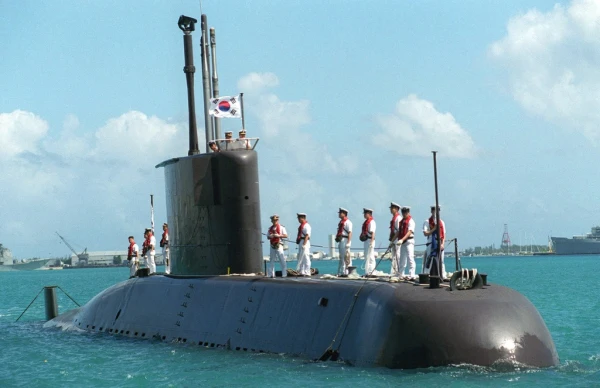
The strategic issue was discussed with Donald Trump.
The authorities of the Republic of Korea are negotiating with the United States on the construction of a submarine with a nuclear power plant, with the position that it will be built on South Korean territory. This was stated by the President's advisor for national security, Suh Hoon.
"Discussions are based on the premise that the construction will take place in the Republic of Korea," he said during a briefing. After the summit in Gyeongju, U.S. President Donald Trump stated that he would allow the Republic of Korea to build a nuclear submarine at a shipyard in Philadelphia. South Korean authorities, including Suh Hoon, subsequently indicated that they intend to create the submarine on their territory. The joint statement does not specify the construction site.
"At the summit, this issue was discussed from start to finish based on the premise that the construction would take place in the Republic of Korea. We did not discuss the proposal to build a nuclear submarine in the United States," Suh Hoon said.
"We need cooperation and can request assistance from the U.S. But to the question of where the submarine will be built, the answer will be 'in the Republic of Korea,'" the national security advisor reiterated. On November 6, he called the proposal for investments in the Philadelphia shipyard to prepare it for the construction of nuclear submarines unrealistic.
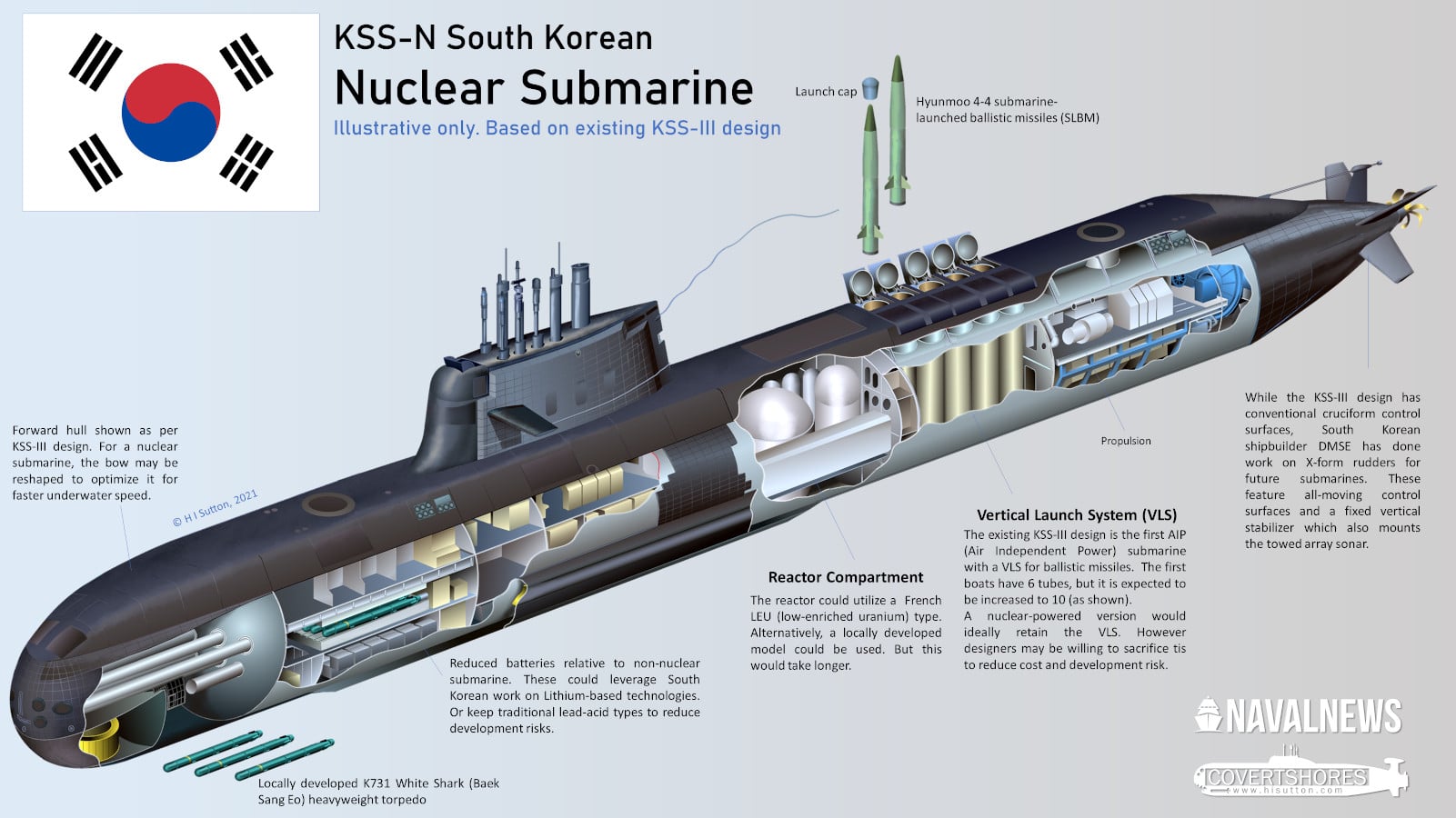
Experts warn that both Koreas are quickly getting involved in an arms race, while other countries in Northeast Asia are increasing their defense spending. "I think there is no doubt that we are already in an arms race. Among U.S. allies in the region, there is growing concern about American security commitments," explained Andrei Lankov, a professor of history and international relations at Korea University, in an interview with DW.
According to him, Trump "seems to be tired of his freeloading allies, referring to South Korea and Japan," and could announce at any moment that the U.S. plans to withdraw from these countries. "This would pose a real threat to both countries, but especially to South Koreans, who have a nuclear-armed enemy that has repeatedly attacked their borders in the past," Professor Lankov reminded. "Therefore, it is quite natural that Seoul intends to significantly increase its military capabilities and possibly pursue the creation of nuclear weapons."
<iframe width="560" height="315" src="https://www.youtube.com/embed/vqbRvW-F6Hg?si=OBA_xsmz8EUlTPpA" title="YouTube video player" frameborder="0" allow="accelerometer; autoplay; clipboard-write; encrypted-media; gyroscope; picture-in-picture; web-share" referrerpolicy="strict-origin-when-cross-origin" allowfullscreen></iframe>